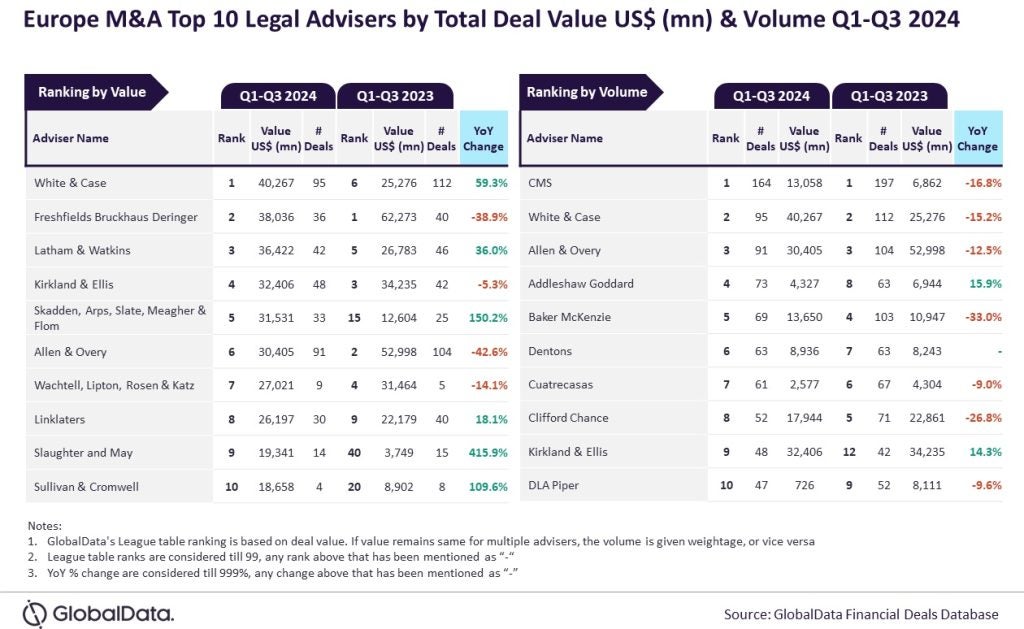British asset manager Abrdn has recorded a pre-tax loss of £320m in the first half of 2022 as against profit of £113m last year.
For period ended 30 June 2022, the firm posted adjusted operating profit of £115m, a dip of 28% compared with £160m in the year ago half.
The firm’s total net outflow during the period totalled £36bn, which included the withdrawal of over £24.4bn of assets linked to a cancelled deal with Lloyds Banking Group (LBG).
The asset manager registered net outflows of £5.6bn in the first half of 2021.
Excluding LBG and liquidity, net outflows were £3.8bn versus £1.9bn in year ago half.
A total of £508bn in assets under administration (AUMA) was recorded at the end of the first six months of the year, a 6% drop from £542bn a year earlier.
How well do you really know your competitors?
Access the most comprehensive Company Profiles on the market, powered by GlobalData. Save hours of research. Gain competitive edge.

Thank you!
Your download email will arrive shortly
Not ready to buy yet? Download a free sample
We are confident about the unique quality of our Company Profiles. However, we want you to make the most beneficial decision for your business, so we offer a free sample that you can download by submitting the below form
By GlobalDataIn its personal wealth division, the AUM fell down to £13.3bn from £14.4bn last year.
Abrdn attributed the fall to market crash that occurred between end of last year and 30 June 2022.
Abrdn CEO Stephen Bird said: “When I became CEO in late 2020 I said that we would pursue a strategy of diversification by refocusing our Investments business in to areas of strength, where we have scale and that lean into global growth trends and also significantly expand our reach into the higher growth UK wealth market.
“We are doing exactly that and the addition of interactive investor transforms our UK retail presence and future revenue streams. The strength of our balance sheet means that we can continue to invest and reward shareholders.”






